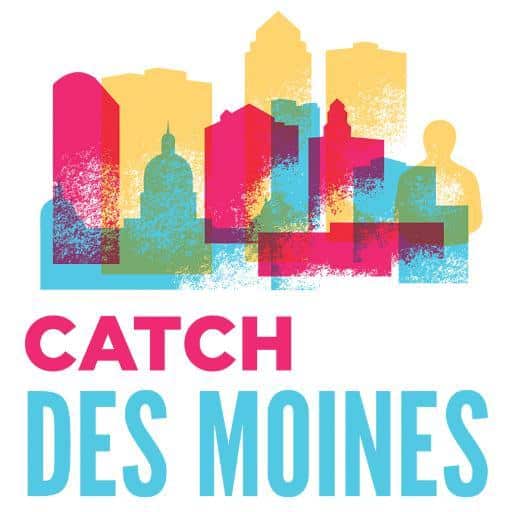Casino tax should rise

Discussion is taking place over whether Iowa should increase its tax rates on non-tribal casinos. The issue of the addictive nature of the casinos is of paramount importance to this topic.
In his 2006 book, “Gambling in America,” Baylor University economics professor Earl Grinols reported that when a casino employs the convenience model – most customers live nearby – just over half of its revenues come from problem and pathological gamblers.
Las Vegas casinos employ the tourist model, where the majority of dollars are lost by people who live more than 50 miles from the casinos. This effect of the convenience model has been called the cannibalization of the native population. The cannibalization of Iowans imposes costs on all of us, even if we never enter a casino.
A study by a New Hampshire gambling commission found that a new casino would cost that state $68 million in taxes to cover the social costs, or 24 percent more than the proposed casino would pay in taxes.
Previous studies by University of Illinois business professor John Kindt included displaced business revenue from other enterprises in the 50-mile radius. Many businesses are negatively affected by a neighboring casino. Kindt estimated that for every tax and charitable dollar in benefits, the state loses three dollars.
Iowa is the only state ever to commission a study to determine addiction rates before and after the introduction of casinos. In 1989, a study found that 1.7 percent of Iowans were problem or pathological gamblers. By 1995, the number had more than tripled to 5.4 percent.
Having established some of the costs of gambling addiction, let’s look at what is best and equitable in regard to tax rates. Iowa initially instituted a 36 percent rate of taxation for land-based casinos and 20 percent for riverboats – the boats had greater costs and cruising requirements, which have been now eliminated. A lawsuit filed by casinos that initially agreed with the rate led to the current 24 percent land-based and 22 percent riverboat rates.
A review of other states’ taxation of racetracks and casinos reveals that Iowa has the lowest rate of the 11 states analyzed. We allow the operators to retain 76 percent of net revenue; New York and Rhode Island allow only 30 and 28 percent, respectively. Canada as a country sees fit to tax its casinos 90 percent of net revenue.
One more point should be made. A look at the owners of the 17 Iowa casinos reveals that the majority aren’t Iowa companies. Nine are owned by out-of-state corporations. We subsidize our casinos with a relatively low tax rate only to see most of the extra profits go to benefit out-of-state firms.
Casinos aren’t like any other business. In all of recorded human history, gambling has been labeled as a vice along with illicit drugs and prostitution. Simply legalizing it doesn’t change the nature of the beast. At the very least, we should increase the tax rates to alleviate the excessive burden that casinos cause to Iowa taxpayers.
Tom Coates is a board member of Stop Predatory Gambling.









